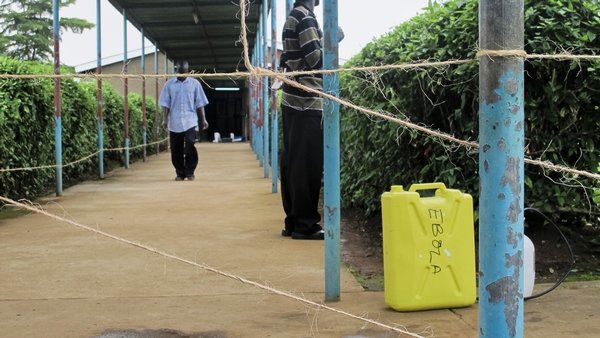An emergency team from Médecins Sans Frontières (MSF) is in Kigadi, in western Uganda’s Kibaale district, to help fight an outbreak of the Ebola virus. Other MSF teams in Uganda are closely monitoring the situation.
The Ebola outbreak, confirmed by Ugandan government on 28 July, has killed at least 14 people, while at least 20 more are thought to be infected.
The MSF team’s priorities are to identify and care for people who have been infected, as well as all those who have been in contact with them, and to ensure that emergency medical services are functioning. They will also work to identify how and where the virus is spreading, and to isolate people who are infected so as to limit the transmission of the disease.
“It’s very important to react quickly to find where the disease is focused and to isolate it as fast as possible,” says Olimpia DE LA ROSA, MSF’s emergency coordinator for Uganda ebola intervention. “It is also essential to take care of the caregivers – which means supporting and working closely with the Ugandan health teams who are already struggling to stop the virus spreading.”
Ebola hemorrhagic fever spreads rapidly through direct contact with infected people or animals, and can be transmitted through blood, bodily fluids and even contact with clothes worn by an infected person. It is caused by a virus first identified in 1976 in Sudan’s Western Equatoria province and in Zaire (now Democratic Republic of Congo). Stringent infection control measures are crucial to limit the deadly spread of the virus.
MSF team fights Ebola outbreak in Uganda
01 Aug 20122 Read Time
Field News
Ebola outbreak in Uganda: Interview with the emergency coordinator
02 Aug 20122 Read Time

Latest News & Stories

